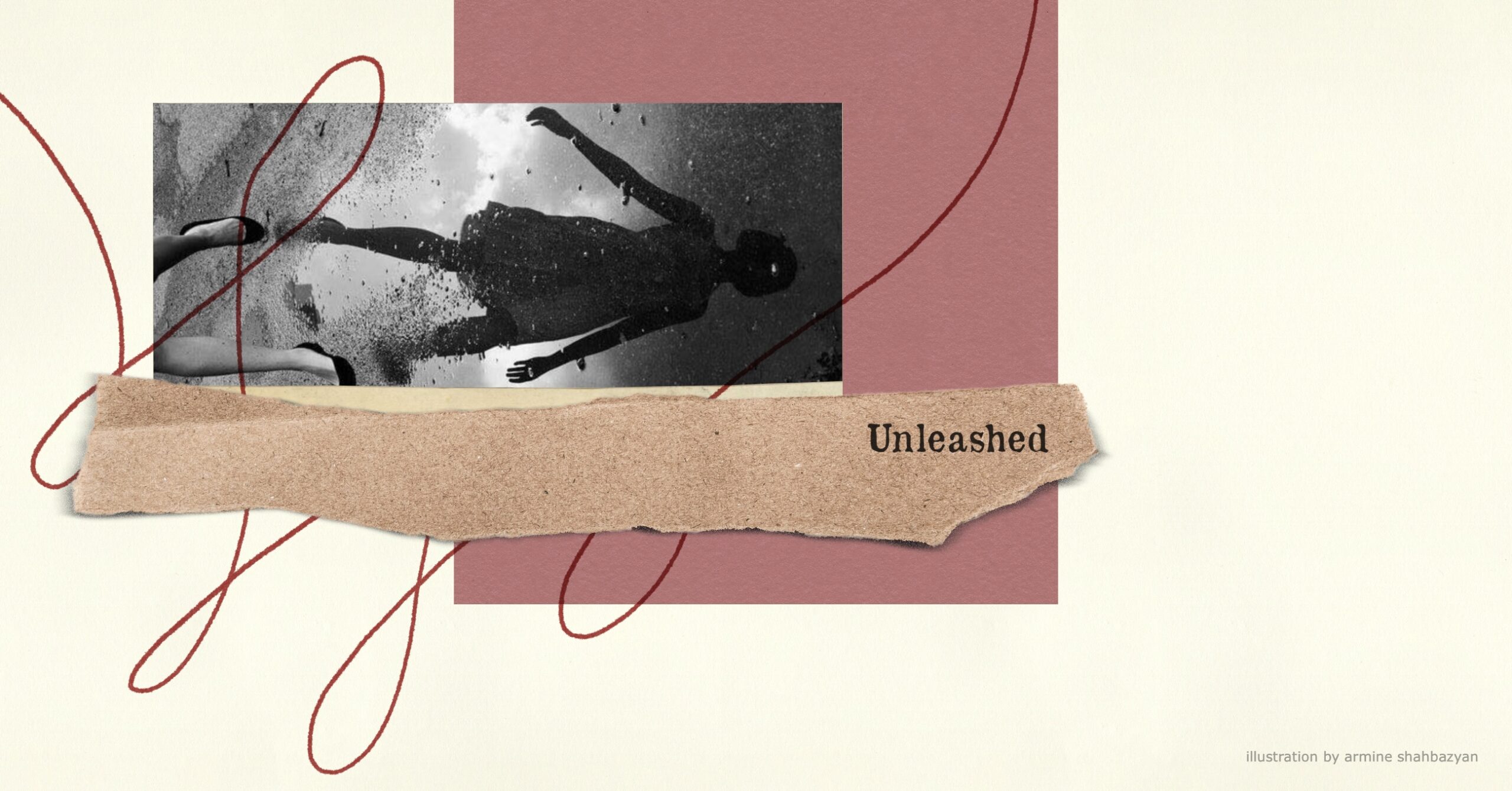

The first time I encountered the expression “you can talk the talk, but can you walk the walk?” was in fourth grade, courtesy of a kid I barely knew. He swaggered up to me, full of sass, and blurted it out as if he expected an immediate response. Not wanting to reveal that I had absolutely no idea what he was talking about, I shot back a confident “Yeah!” in reply. Meanwhile, internally, I doubted whether I could even “talk the talk,” whatever that meant.
When I eventually learned that saying someone “talks the talk but doesn’t walk the walk” implies that their actions don’t align with their words, I couldn’t repeat it often enough. It served as a regular reminder that the true test of authenticity isn’t just in what we say but in how we live our lives—especially when we conquer our fears.
Public speaking is often ranked among people’s top fears, sometimes even surpassing the fear of death. The thought of standing in front of a crowd, baring your thoughts and emotions, can evoke a visceral response of anxiety and dread. Yet, despite this innate fear, many of us find ourselves in situations where we must step onto that stage and deliver our message.
Until last year, my identity had primarily been shaped through the quiet, introspective process of writing. After almost fifteen years as a UN staff member, bound by an oath to refrain from expressing personal political opinions, I had only recently started to find my voice as a writer. The transition was gradual as I navigated getting used to expressing my authentic self without the constraints of institutional neutrality.
Then, Azerbaijan’s total ethnic cleansing of the Armenians of Artsakh in September 2023 thrust me unexpectedly into a brave new world of speaking, in an endless string of interviews, webinars, conferences, and other public forums. This was uncharted territory—speaking unscripted, conveying the urgency and gravity of the situation.
The rapid transition from private writing to public advocacy was terrifying. Almost overnight, I was asked to articulate the plight of an entire people, their culture and history on the brink of erasure. The responsibility was huge, and the fear of misrepresenting or failing them weighed heavily on me. And just when I had barely begun to adapt to this new role, an invitation arrived to give a TEDx talk. It was a dream come true, but felt like a nightmare when I actually went through with it.
Standing on the TEDx stage, I was intensely aware of every eye fixed on me, every ear tuned to my voice. The bright lights seemed to sear through me, and my hands clasped together were the only solid ground I could sense. As I began to speak, my voice faltered. The fear was so palpable, I felt like fainting. Only as I delved deeper into my talk did I start to feel a modicum of confidence about it. By the end, though drained and dizzy, I had done it—I had stood and delivered. This experience, while overwhelming, pushed the limits of what I thought was possible for myself.
Why does public speaking evoke such fear in us? Psychologists attribute it to our primal instincts for survival. In ancient times, speaking in front of a group could mean risking rejection or even expulsion from the community, endangering our survival. While the consequences may not be as dire in modern times, our brains still perceive public speaking as a threat to our social standing and acceptance.
But when we step out of our comfort zones and confront our fears head-on, we discover reservoirs of courage and resilience within ourselves that we never knew existed. Each time we take the stage, literally or figuratively, we chip away at the barriers holding us back, inching closer to our truest selves.
Consider some of history’s most influential figures. Abraham Lincoln, revered as one of America’s greatest orators, stumbled through his early speeches, often criticized for his awkward delivery. Winston Churchill, whose stirring speeches rallied a nation during World War II, struggled with a speech impediment throughout his life. These luminaries did not let their initial failures define them; instead, they persevered, honing their craft through practice and determination.
In the end, it’s not about delivering a flawless speech or winning over every audience member. It’s about embodying our beliefs and values in every aspect of our lives. It’s about showing up authentically and bravely, knowing that our willingness to speak our truth is enough to ignite change in the world. It’s about having the courage to stand up for what we believe in, even when our voices shudder and our knees shake. And it’s about recognizing that true freedom isn’t in the absence of fear, but in the willingness to confront it.
So embrace the discomfort. Dare to speak up, even if your voice wavers. And let’s walk the talk, transforming private convictions into public action, one trembling step at a time.
See all [Unleashed] articles here
Listen to Sheila’s personal reading of “Walk the Talk”.

Sheila Paylan is an international human rights lawyer and former legal advisor to the United Nations. Now based in Yerevan, she regularly consults for a variety of international organizations, NGOs, think tanks, and governments.

